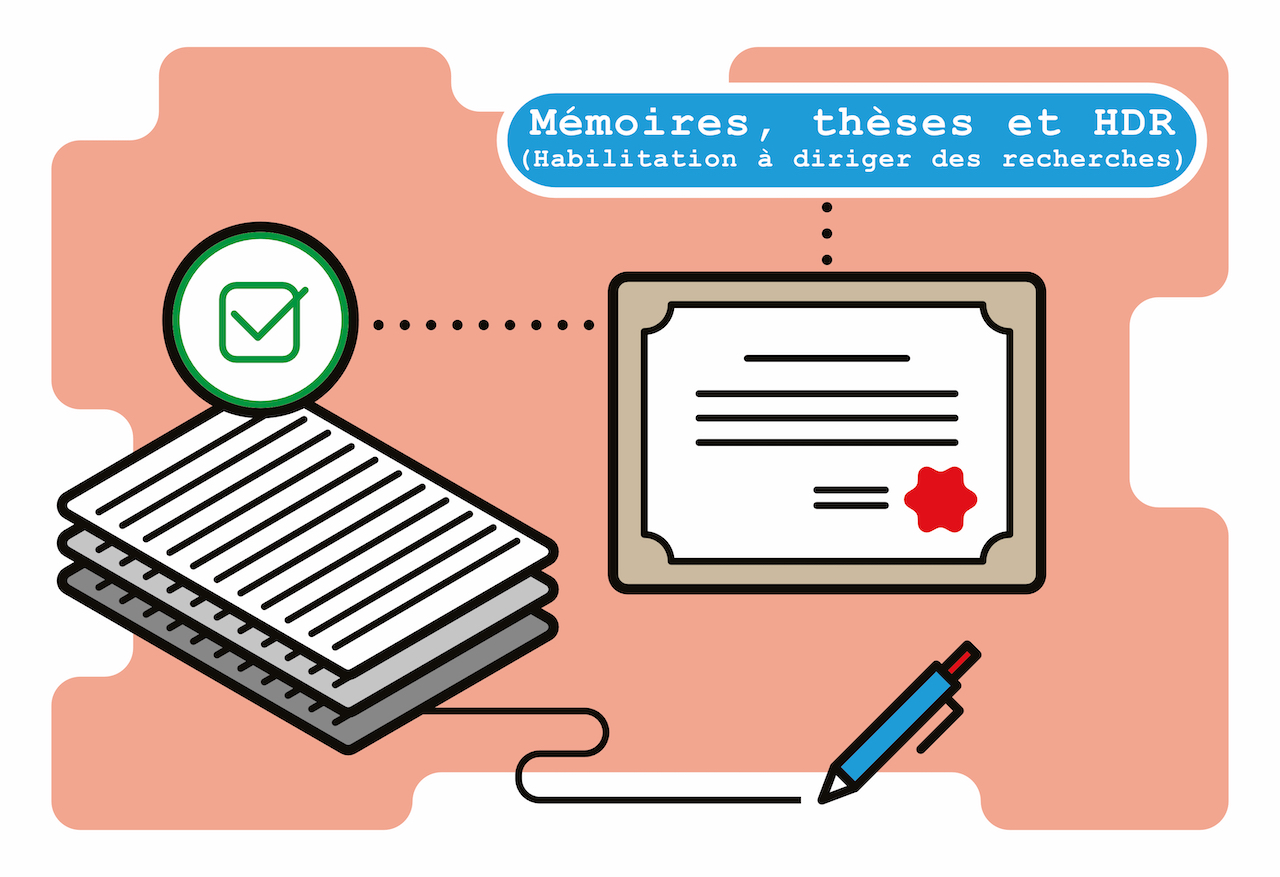La Traversée vers la postmodernité : la transformation de l’Italie à travers le cinéma de Michelangelo Antonioni, Federico Fellini et Pier Paolo Pasolini (1957-1978) The Crossing towards Postmodernity : the Transformation of Italy through the Cinema of Antonioni, Fellini and Pasolini (1957-1978)
Fiche du document
29 juin 2018
- ISIDORE Id: 10670/1.b60280...
- 2018PA080020
Accès réservé à la communauté de Paris 8 , Toute reproduction même partielle est interdite sans la citation et/ou accord exprès de(s) l'auteur(s) ou ayant-droit(s)
Mots-clés
Cinéma italien Néoréalisme Antonioni Fellini Pasolini Historicité du cinéma Cinéma et histoire Poétique du cinéma Italian cinema Neorealism Historicity of cinema Cinema and history Cinematic configuration Poetics of cinema Transformation of society Artistic transformationSujets proches
TraitementCiter ce document
Wang, « La Traversée vers la postmodernité : la transformation de l’Italie à travers le cinéma de Michelangelo Antonioni, Federico Fellini et Pier Paolo Pasolini (1957-1978) », Octaviana, ID : 10670/1.b60280...
Métriques
Partage / Export
Résumé
La présente thèse étudie la transformation de l’Italie vers la postmodernité (1957-1978) à travers le cinéma de trois auteurs : Michelangelo Antonioni, Federico Fellini et Pier Paolo Pasolini. Elle explore l’historicité du cinéma, en interrogeant la manière par laquelle le septième art constitue une mise en forme et une écriture de l’histoire. Dans la convergence de deux histoires, celle humaine et celle du cinéma, elle met en récit l’expérience de la transformation sociétale et artistique. En dernière analyse, il est question d’étudier le cas italien comme un paradigme. En réactualisant les propositions des trois cinéastes dans le contexte contemporain de la mondialisation, de l’hypermédiatisation et de la domination technologique, le présent travail nous invite à repenser la vie humaine et la création artistique face aux défis de la postmodernité.
